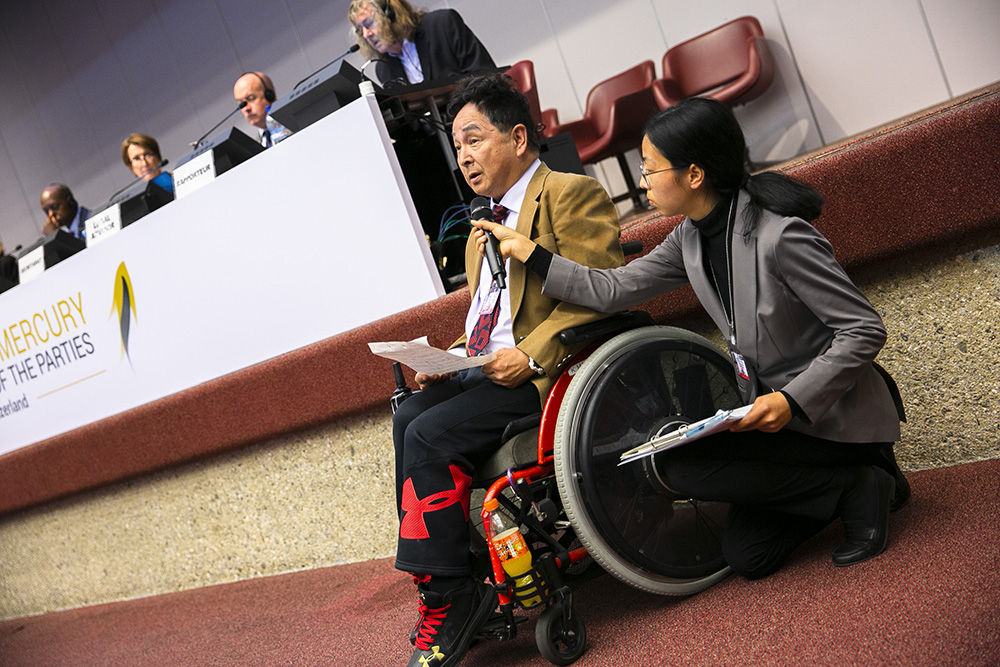
Koichiro Matsunaga, Collaboration Center for Minamata disease victims, shared his personal story and called on the global community to protect the environment from mercury contamination.
The third session of the Conference of the Parties (COP3) to the Minamata Convention on Mercury opened with statements by the host Government, the Executive Director of the UN Environment Programme (UNEP), the Executive Secretary of the Convention, the COP President and regional representatives. Marc Chardonnens, Director, Federal Office for the Environment, Switzerland, warned that delays in implementation would only increase the complexity and costs of addressing problems caused by mercury. He also expressed hope for the development of a global framework to address the challenges of lead, cadmium, endocrine disruptors and other hazardous substances. Inger Andersen, Executive Director, UNEP, highlighted four areas for action that are needed to reduce mercury exposure globally: artisanal and small-scale gold mining; stemming mercury trade; reducing emissions from coal combustion; and e-waste. She also stressed the importance of improving the science-policy interface to ensure evidence-based actions, and promoting cooperation across borders, organizations and instruments, “since mercury pollution is global and transboundary and needs to be treated as such.”
Rosanna Silva Repetto reflected on her two-year tenure as Minamata Convention Executive Secretary, noting progress including the establishment of the administrative basis of the Minamata Convention Secretariat, the work of the trust funds, and the success of the Specific International Programme to Support Capacity Building and Technical Assistance (SIP) and the Global Environment Facility in supporting the parties.
Minamata Convention President David Kapindula (Zambia) urged delegates to reach consensus on key agenda items, including elements related to the financial mechanism and rules of procedure. He reminded parties that the shift from annual COPs to COPs every two years will affect the ability of parties to implement the Convention and referred to issues carried over from COP2, including the effectiveness evaluation and the proposal to amend Annex A, urging parties to avoid leaving a legacy of unresolved issues.
During opening statements from regional groups, Gabon, on behalf of the African Group, urged consideration of amendments to Annex A on mercury-added products, reminding that Africa is not a manufacturer of such products but is more concerned with the trade of mercury. Iran, for the Asia-Pacific Group, stressed that effective implementation relies on the provision of adequate financial resources, technical assistance and technology transfer and remarked that the Amendment of Annex A proposed by African Countries requires further review. Moldova, for Central and Eastern Europe (CEE), said CEE countries are acting to implement the Convention and implored countries that have not yet ratified it to do so. Colombia, for the Latin America and Caribbean Group (GRULAC), emphasized her region's interest in work on trade, emissions, contaminated sites and open burning, and urged more contributions to the SIP. Finland, for the European Union, stressed the importance of reviewing Annexes A and B, the Convention’s effectiveness evaluation, and adopting a framework for cooperation between the secretariats of the Minamata Convention and the of the Basel, Rotterdam and Stockholm (BRS) Conventions.
Delegates proceeded to conduct initial exchanges on several agenda items and agreed that COP4 would convene in Bali, Indonesia at the end of 2021. They also created two contact groups and a “friends of the President” group to conduct negotiations on possible decisions regarding the Convention’s effectiveness evaluation, a review at COP4 of the annexes on mercury-added products and manufacturing processes using mercury, and cooperation between the secretariats of the Minamata and BRS Conventions.
For more details on the day’s negotiations and to hear what delegates said in the corridors, see our daily Earth Negotiations Bulletin.
Plenary
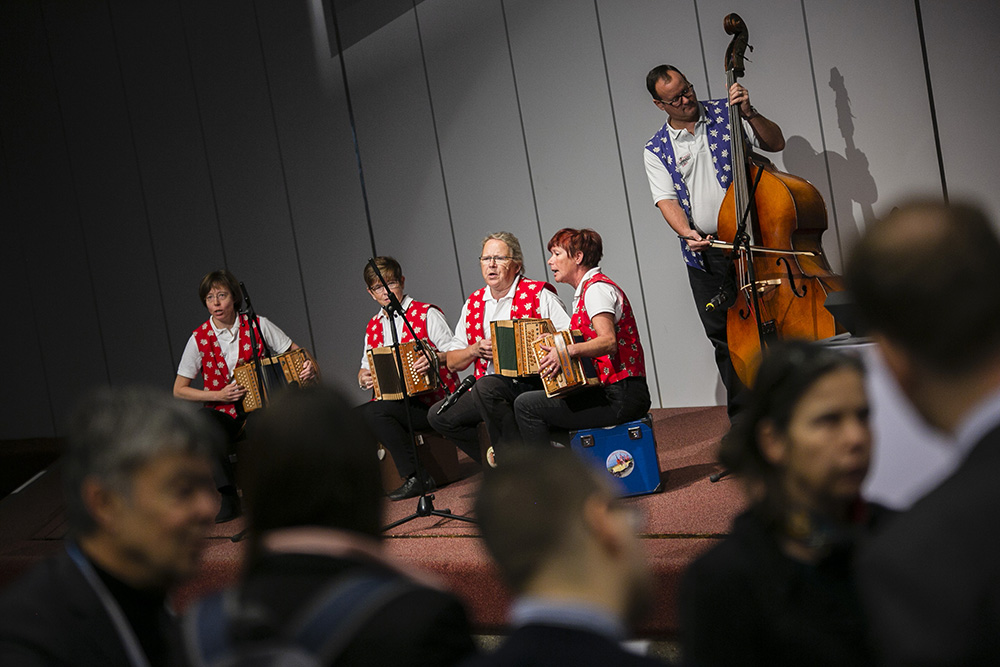
Musicians welcoming the COP3 delegates before the opening plenary
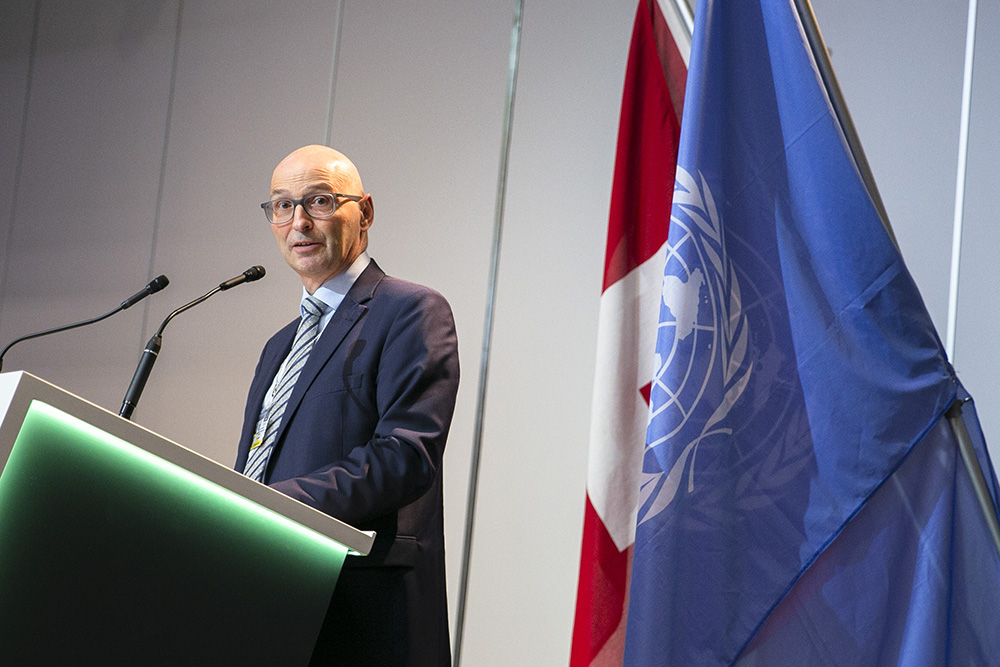
Marc Chardonnens, Director, Federal Office for the Environment, Switzerland
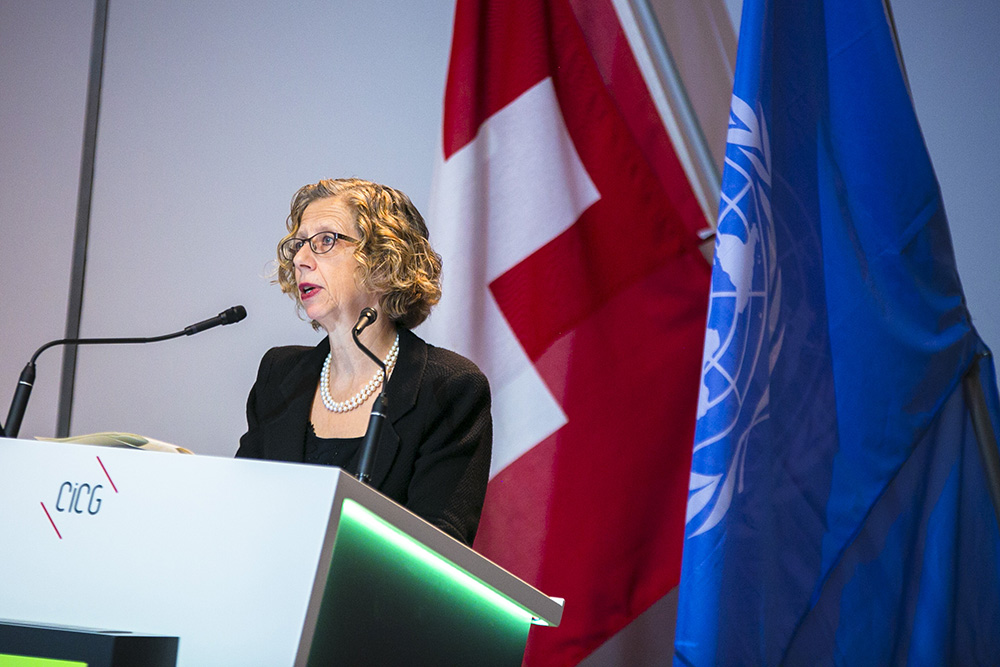
Inger Andersen, Executive Director, UN Environment Programme (UNEP)
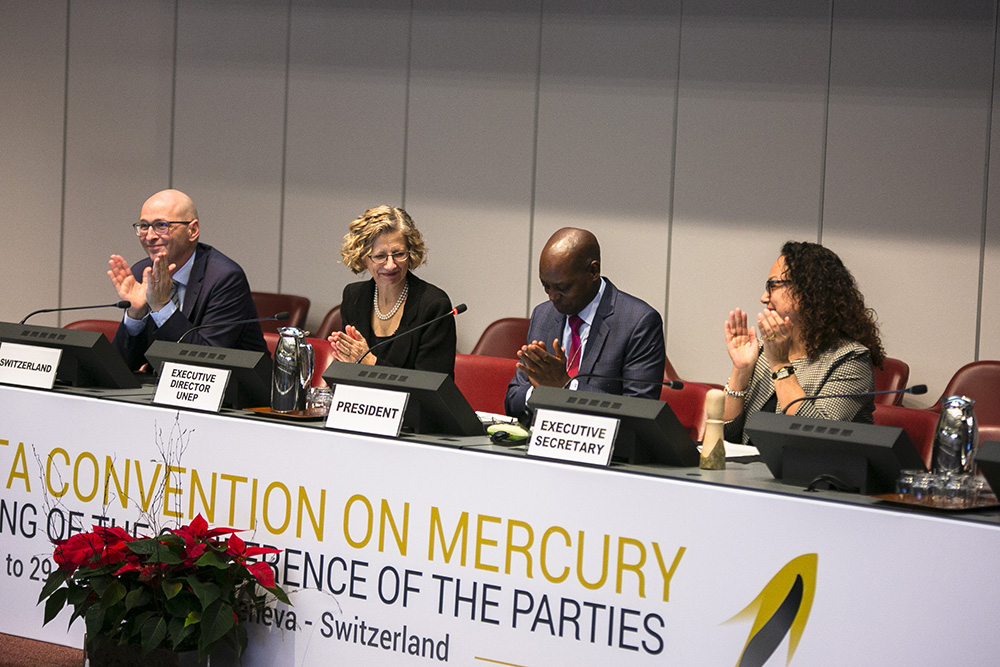
A view of the dais during the plenary
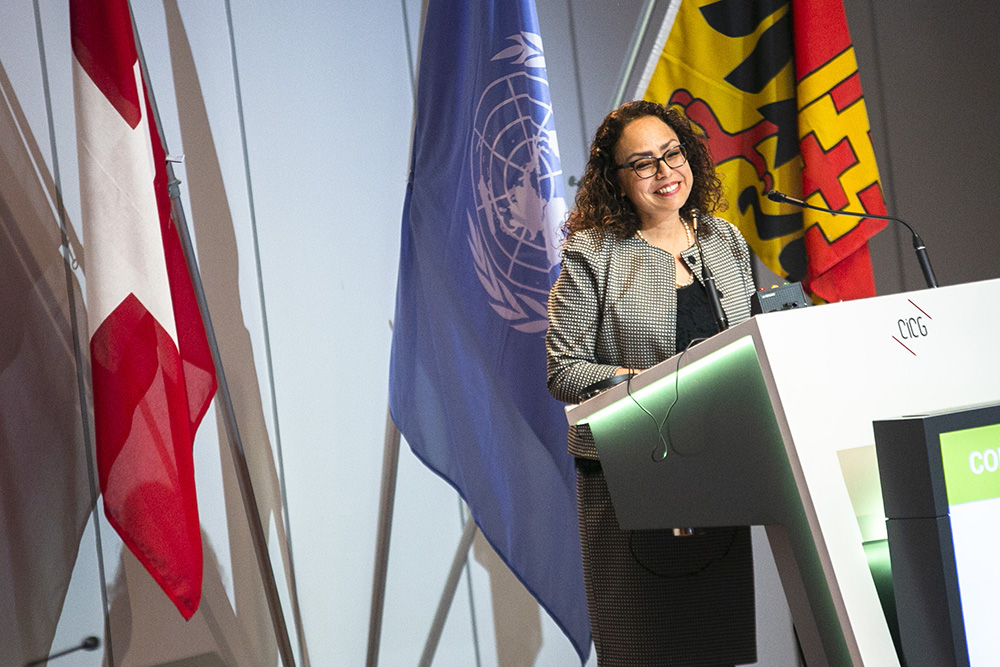
Rossana Silva Repetto, Executive Secretary, Minamata Convention on Mercury
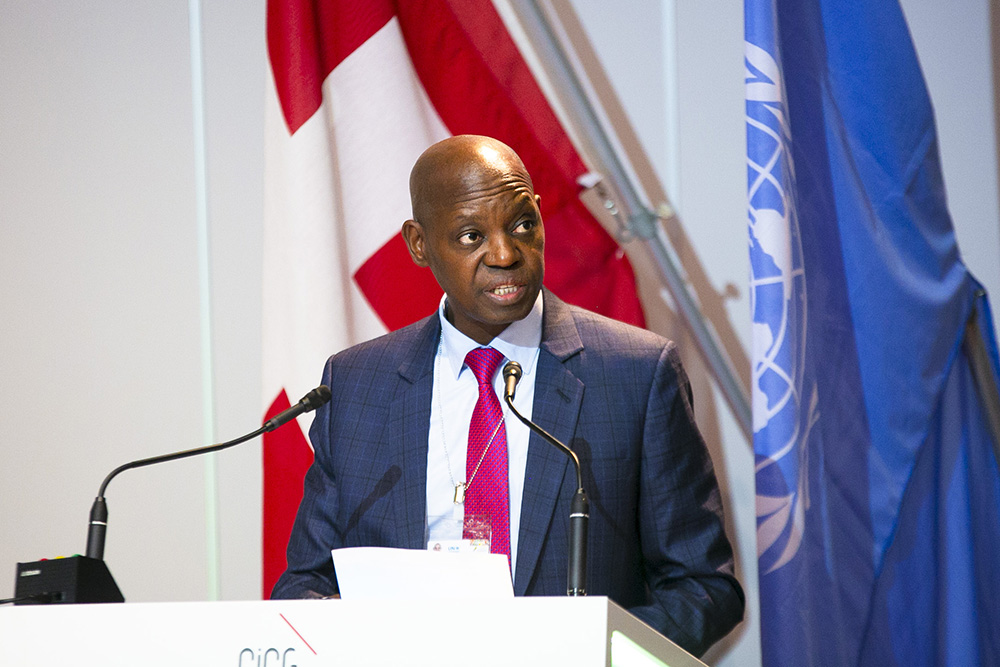
President of COP3, David Kapindula, Zambia
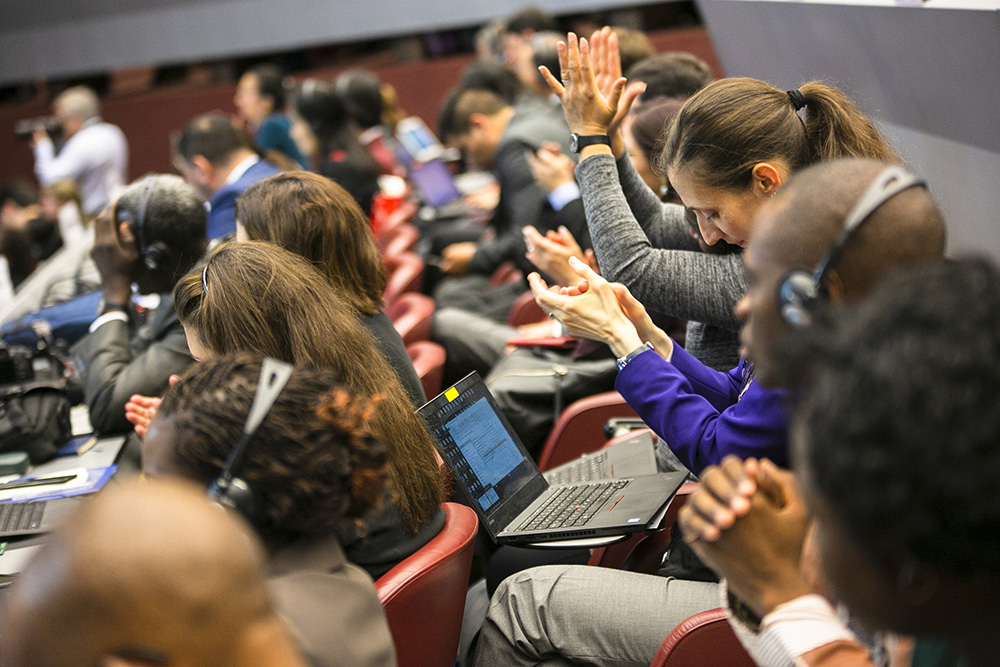
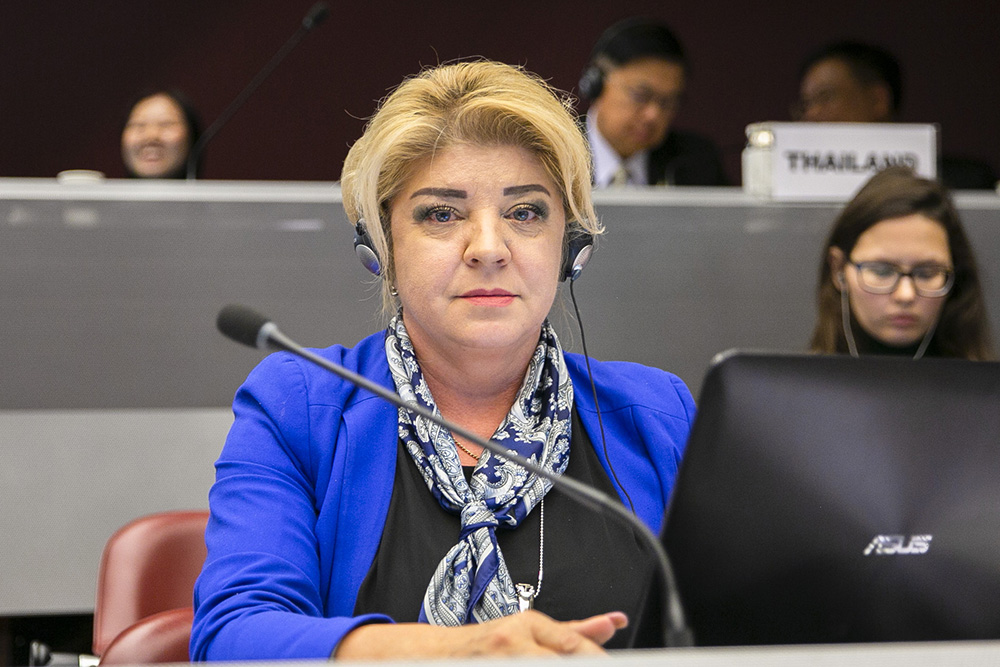
Svetlana Bolocan, Moldova
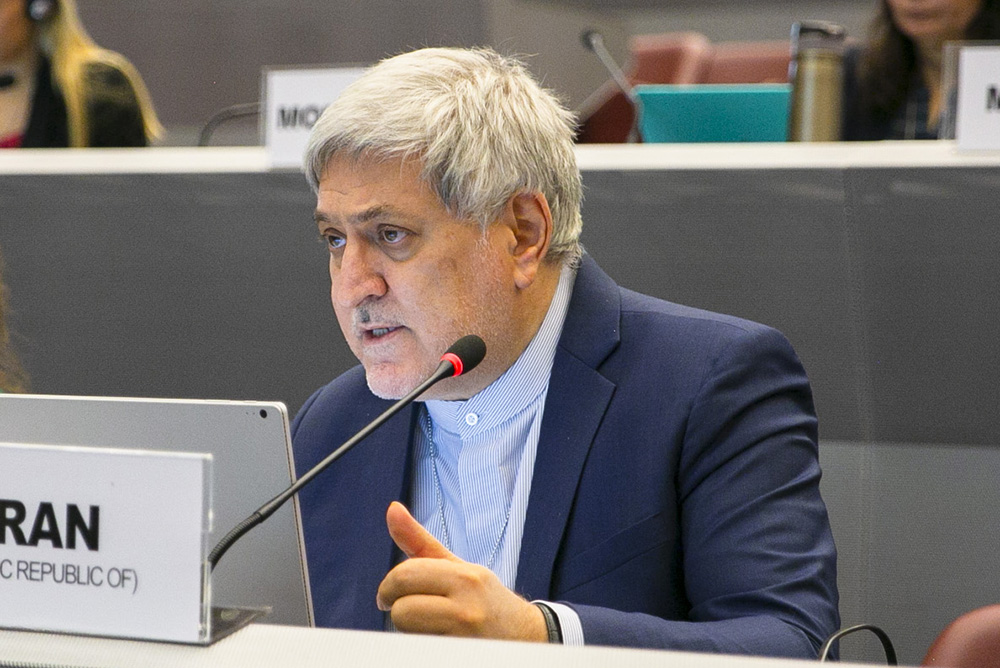
Mohsen Naziri Asl, Iran
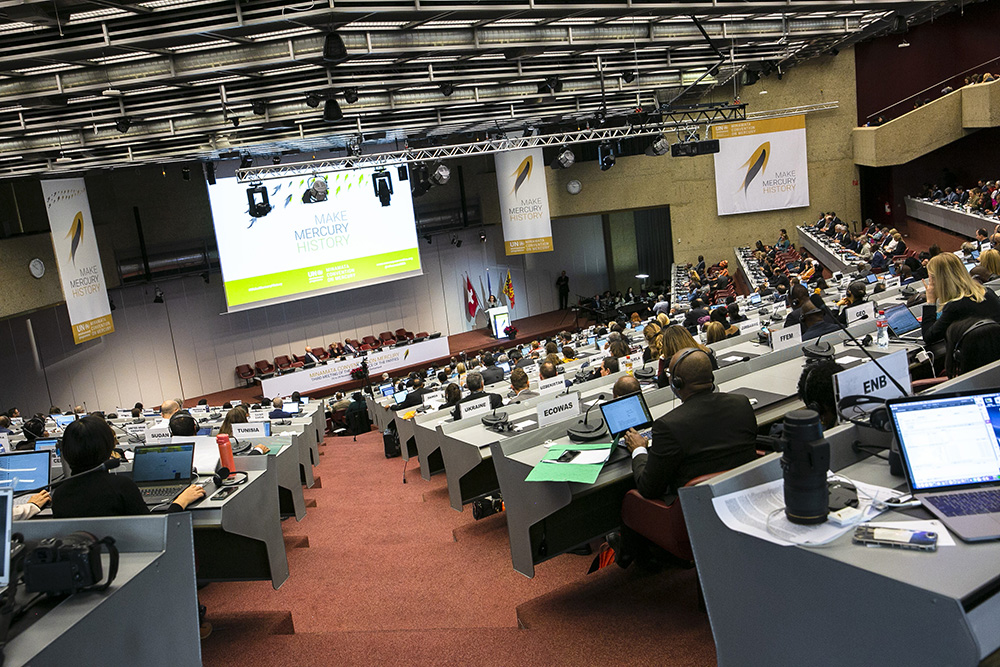
A room view during the plenary
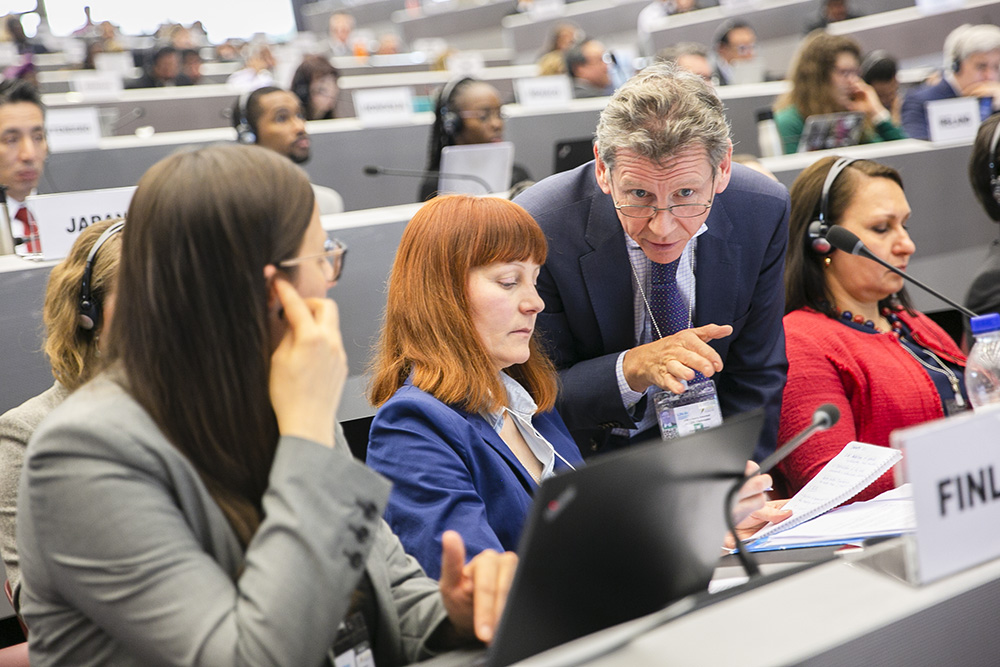
Delegates from EU conferring
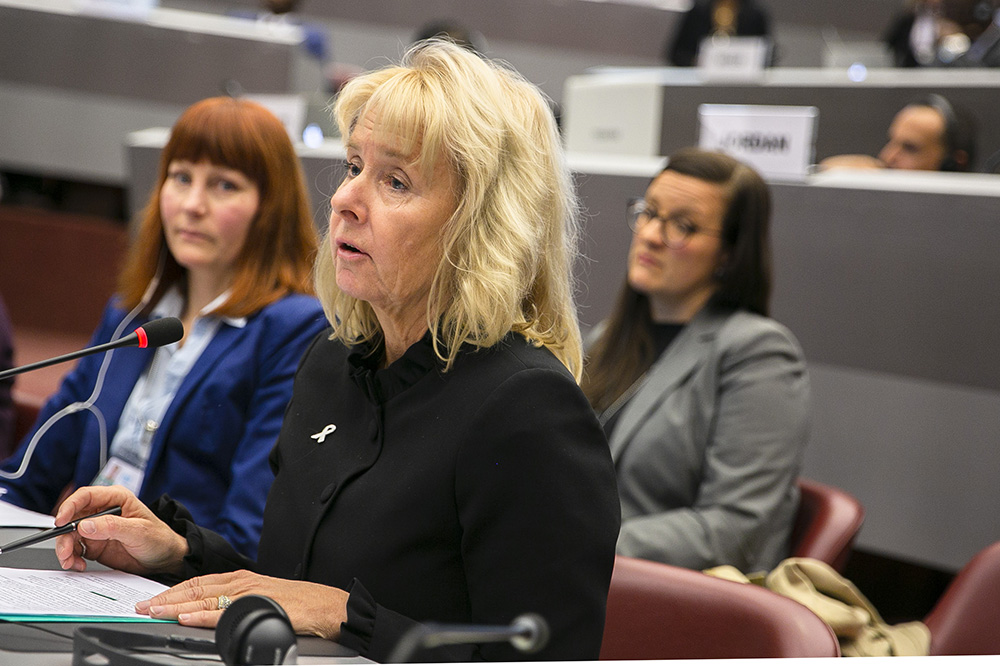
Terhi Hakala, Finland
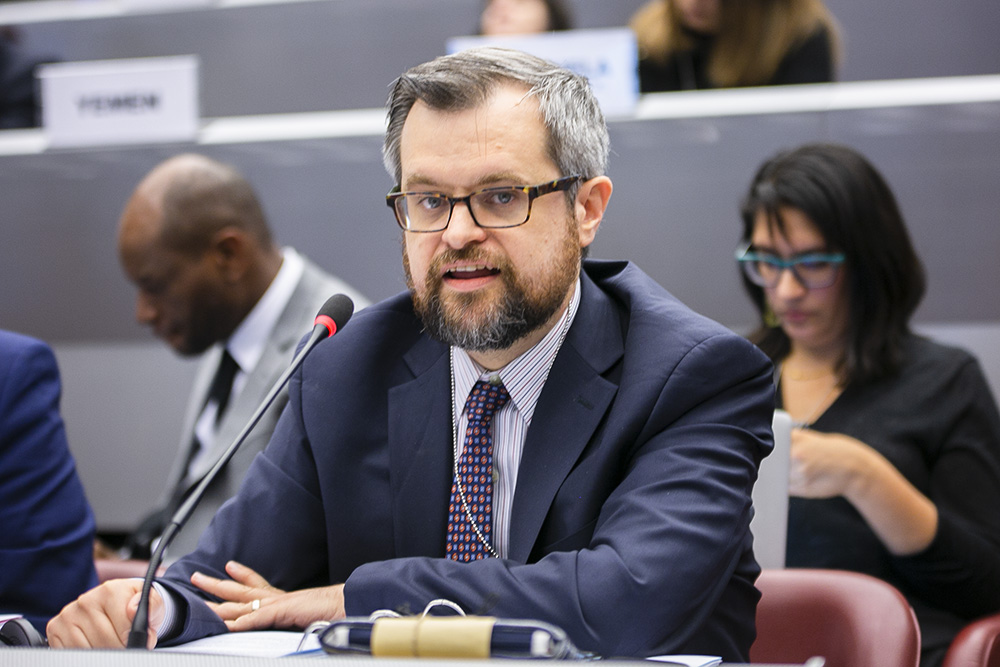
Andrew Clark, US
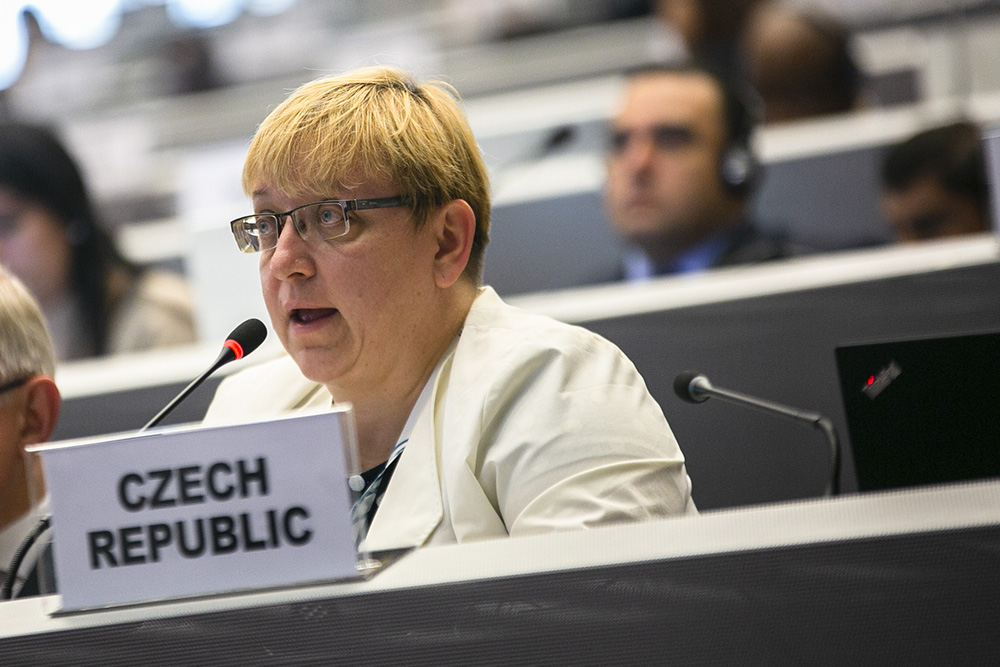
Kateřina Šebková, Czech Republic
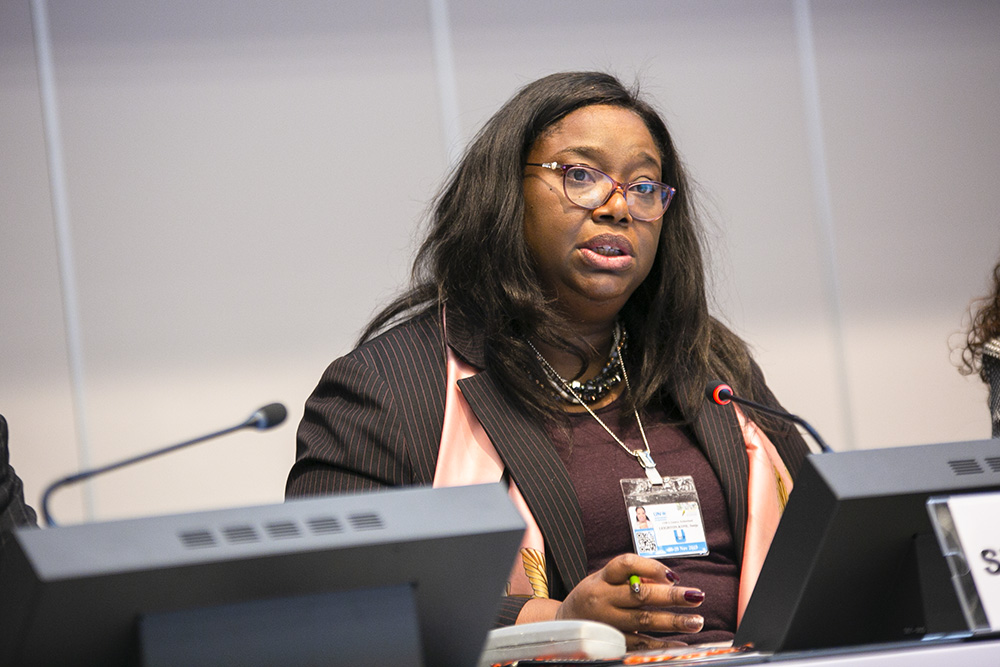
Sonja Leighton-Kone, UNEP, presenting UNEP Executive Director’s proposal for sharing services between Minamata and BRS Conventions
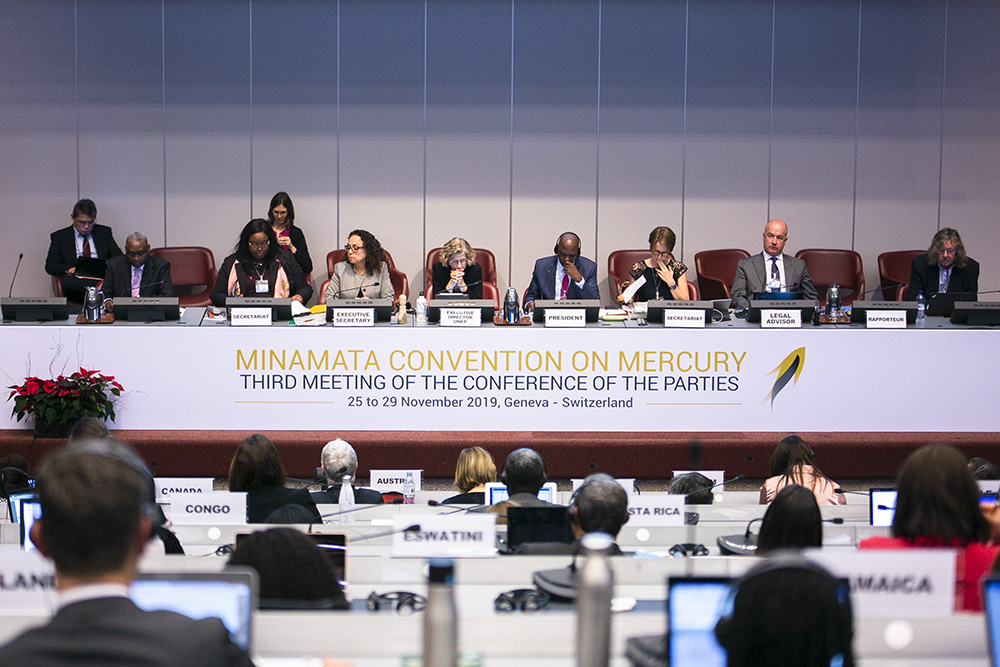
A view of dais during the plenary
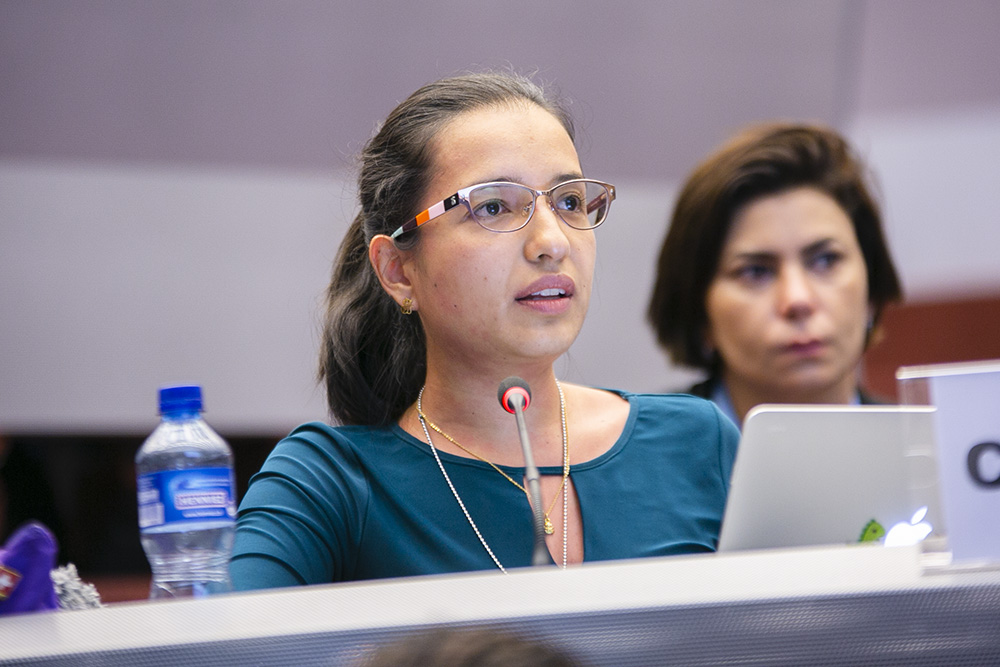
Angela Rivera, Colombia
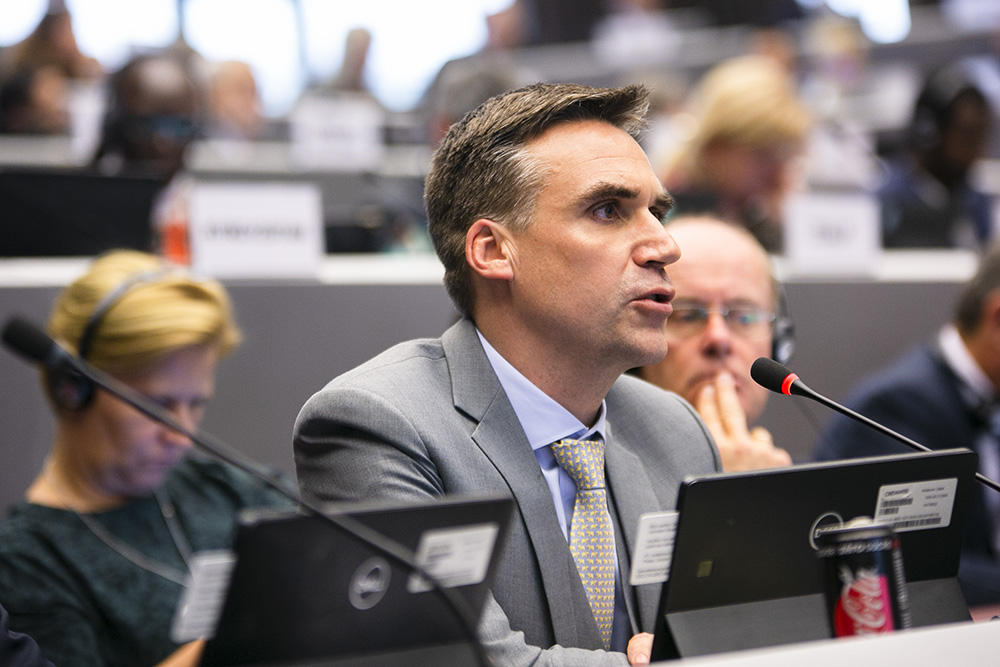
Felix Wertli, Switzerland
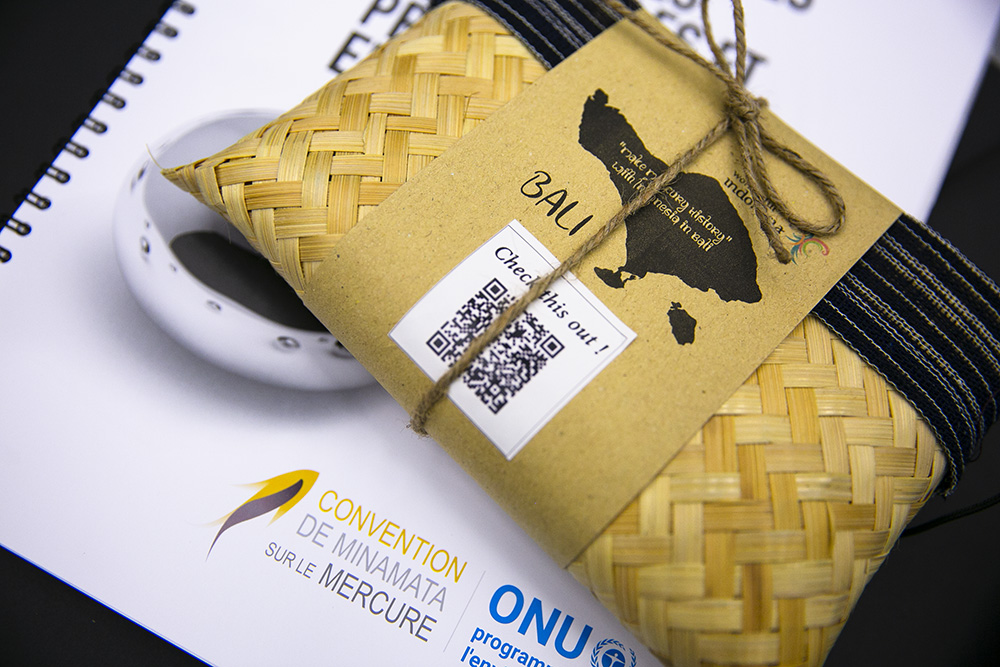
A hand-crafted gift distributed by the Indonesian government
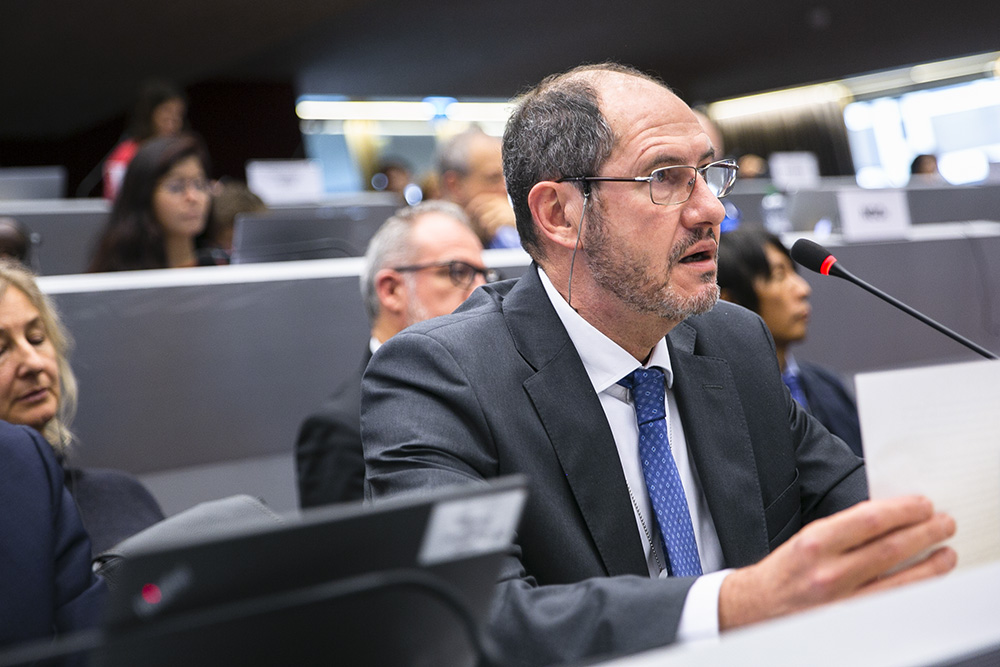
Carlos Martin-Novella, Basel, Rotterdam and Stockholm Convention Secretariat
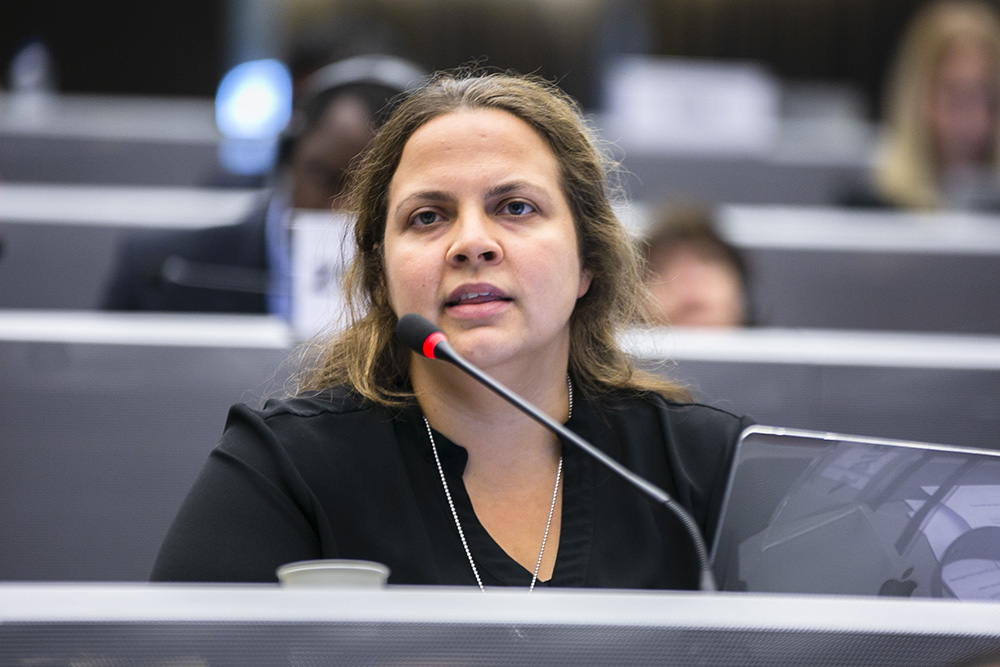
Valentina Sierra, Uruguay
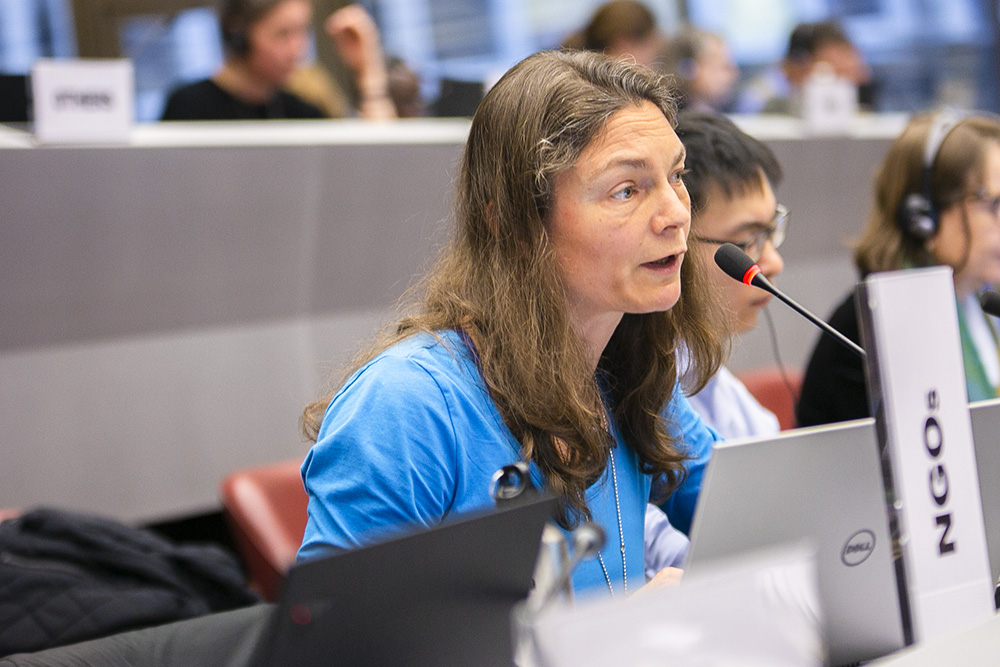
Eva Krümmel, Inuit Circumpolar Council (ICC)
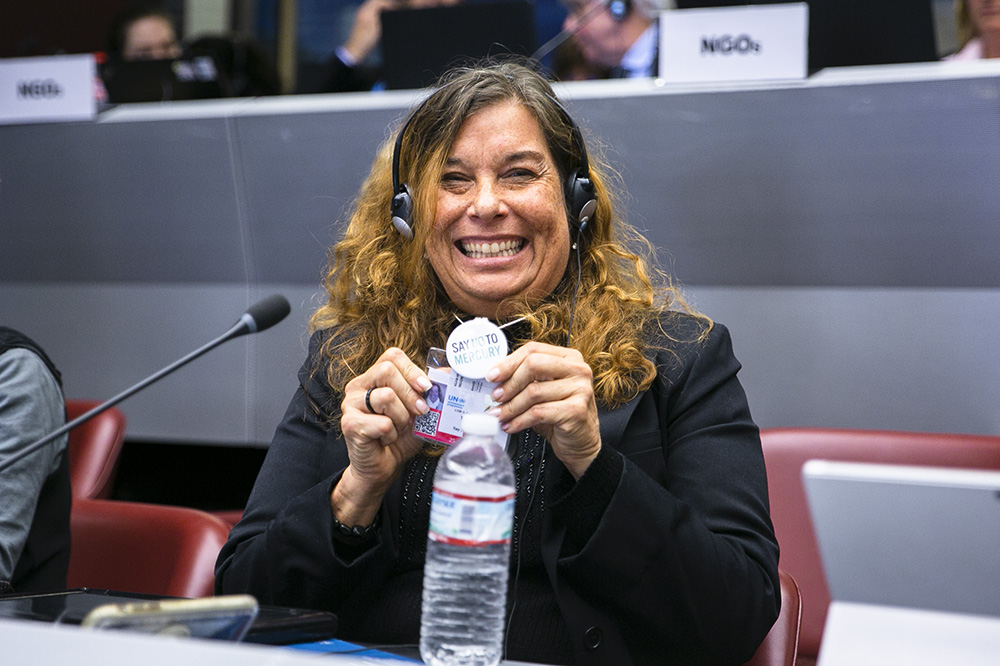
Anita Vazquez Tibau, University of Puerto Rico
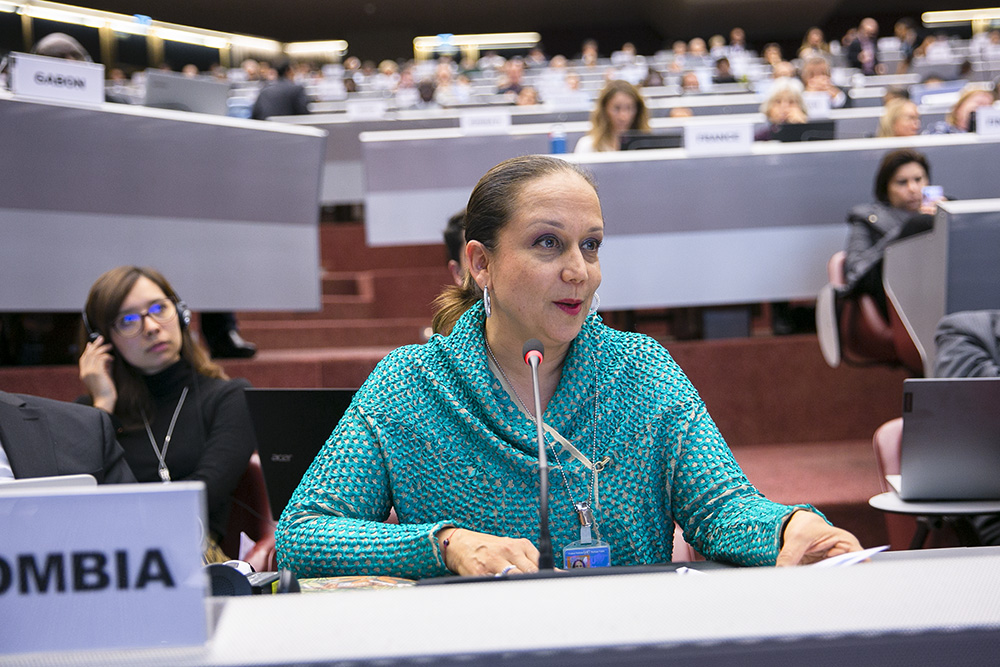
Adriana Mendoza, Colombia

Delegates watching a video proposing Bali, Indonesia as the COP4 host venue in 2021
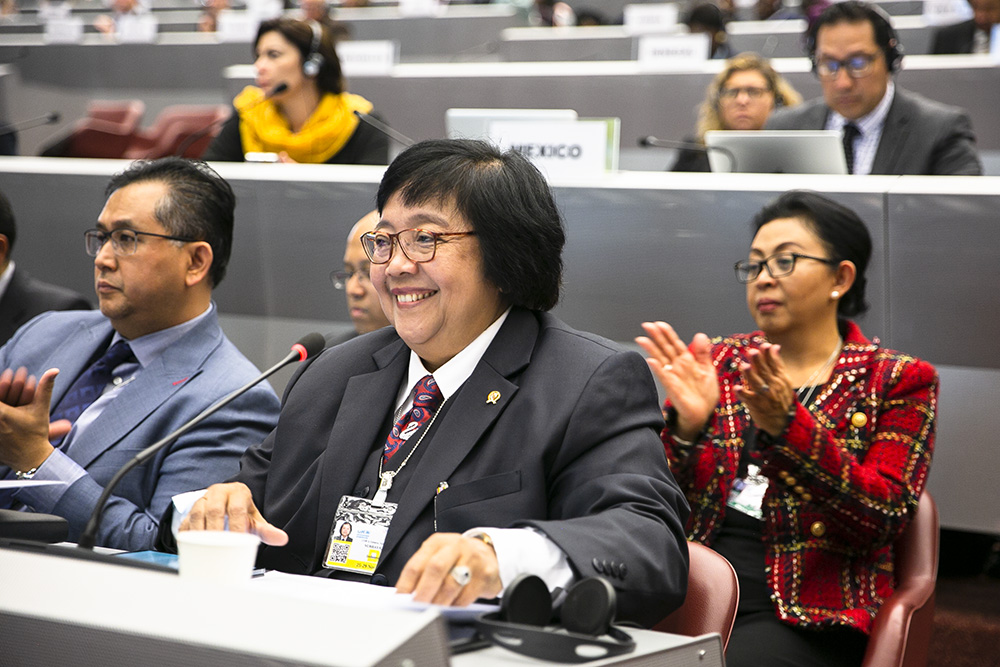
Siti Nurbaya Bakar, Minister of Environment and Forestry, Indonesia, receiving applause from COP3 delegates for the country's bid to host Minamata COP4 in 2021
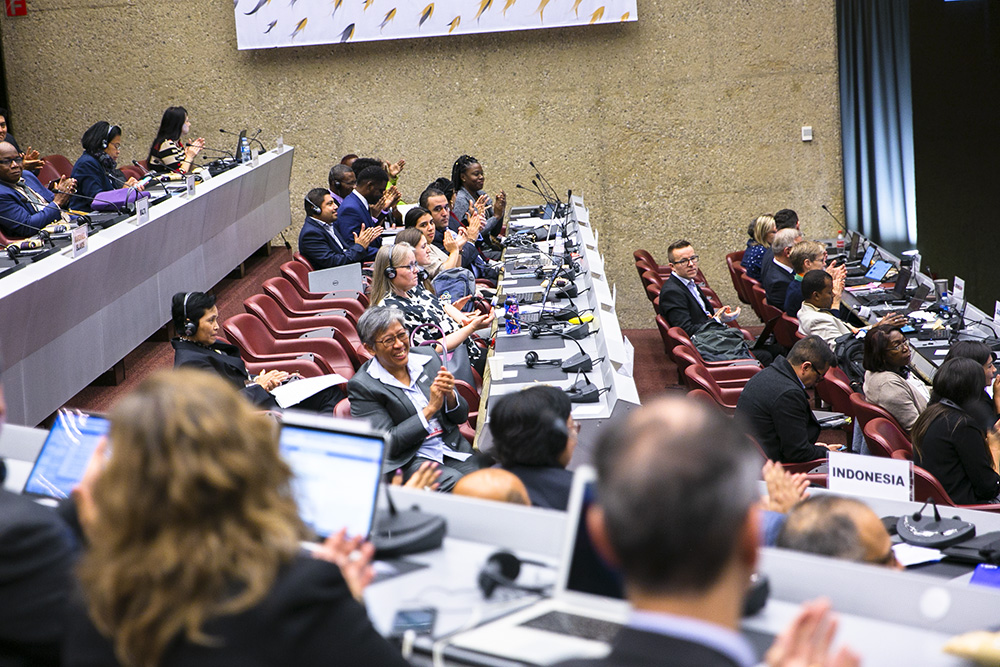
Delegates applauding Indonesia for their offer to host COP4 in 2021
Around the Venue
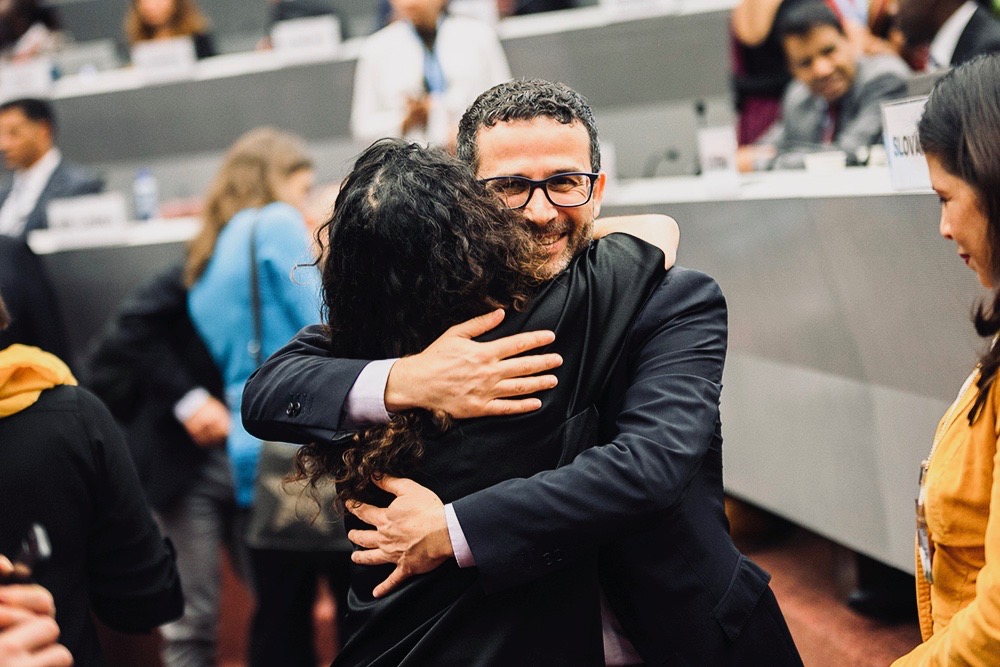
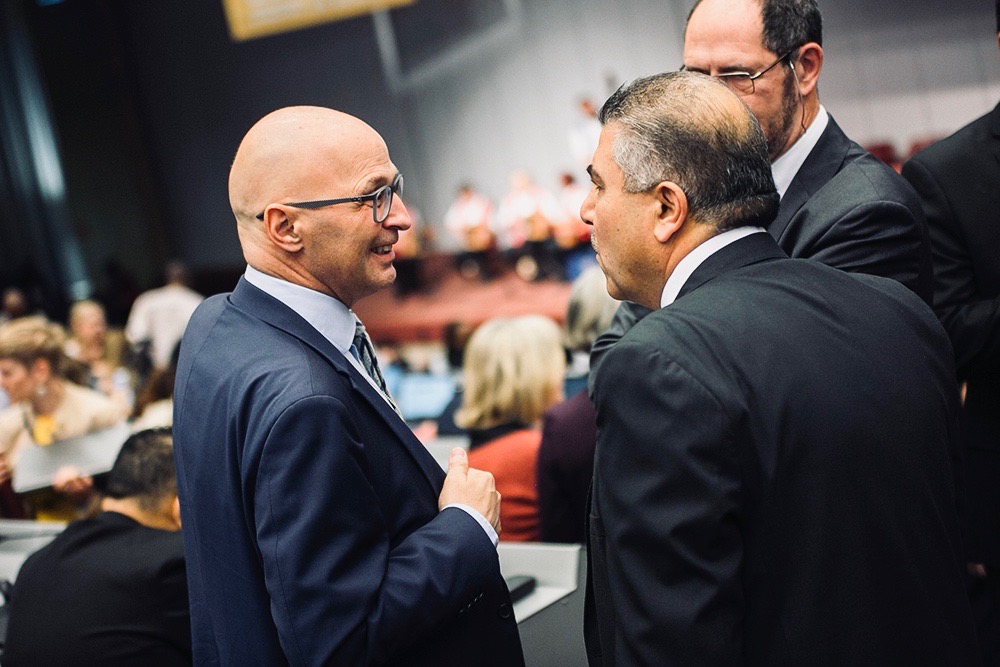
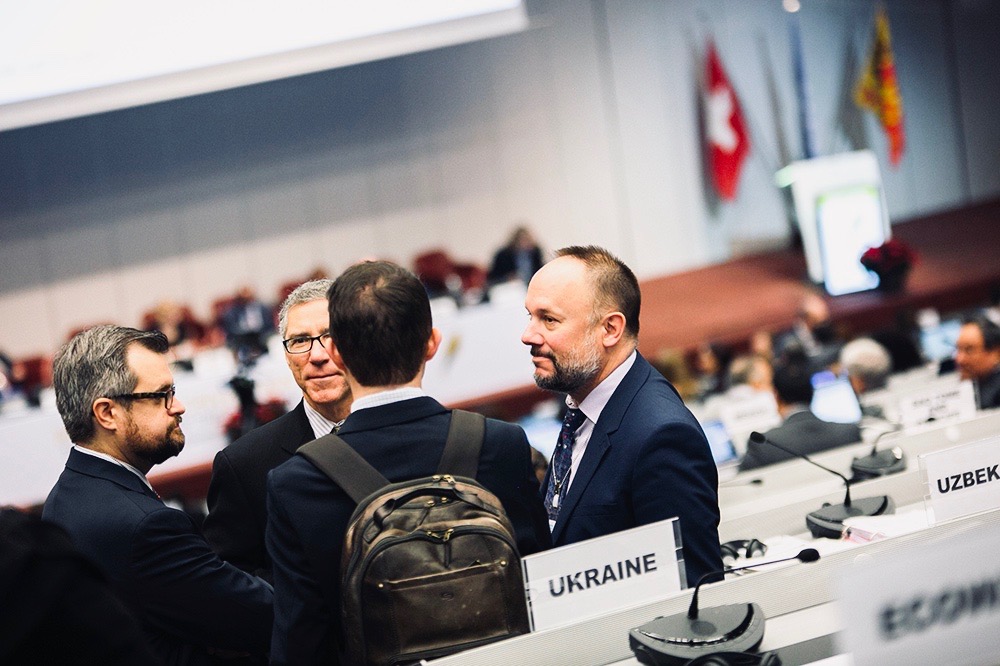
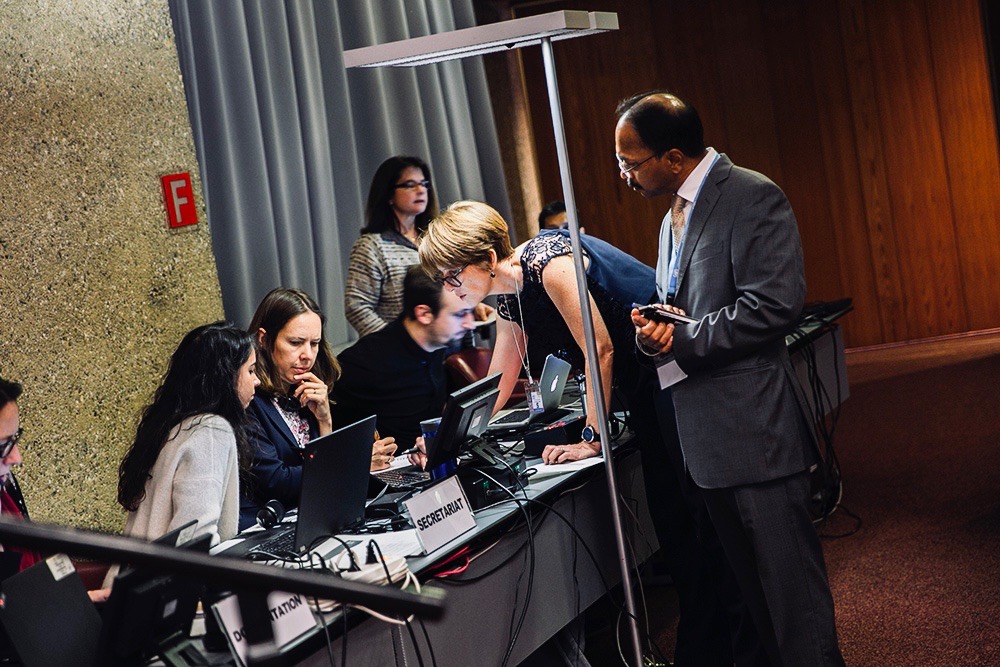
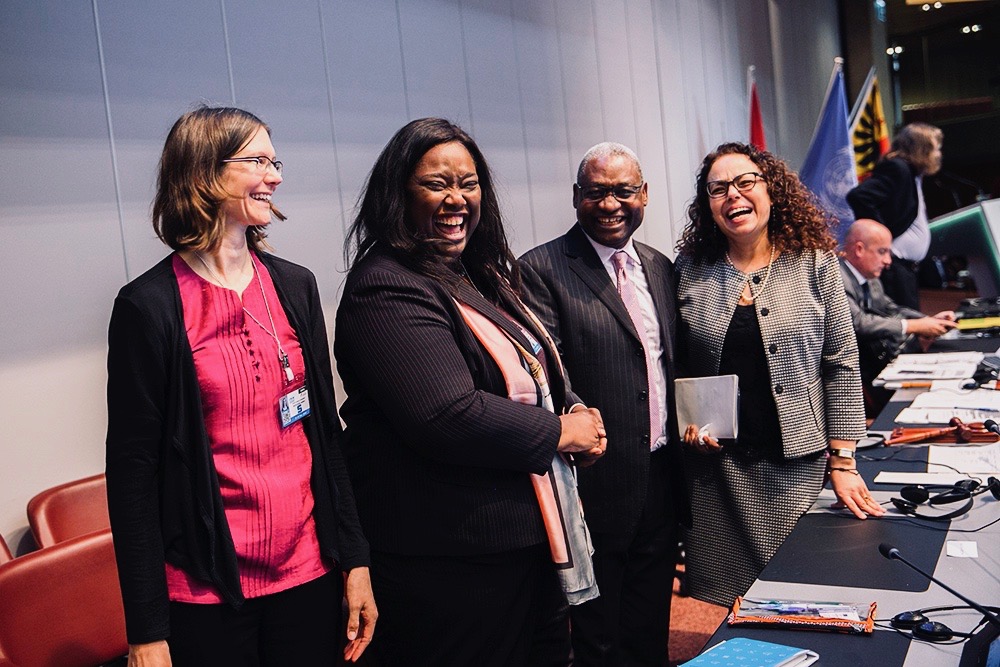
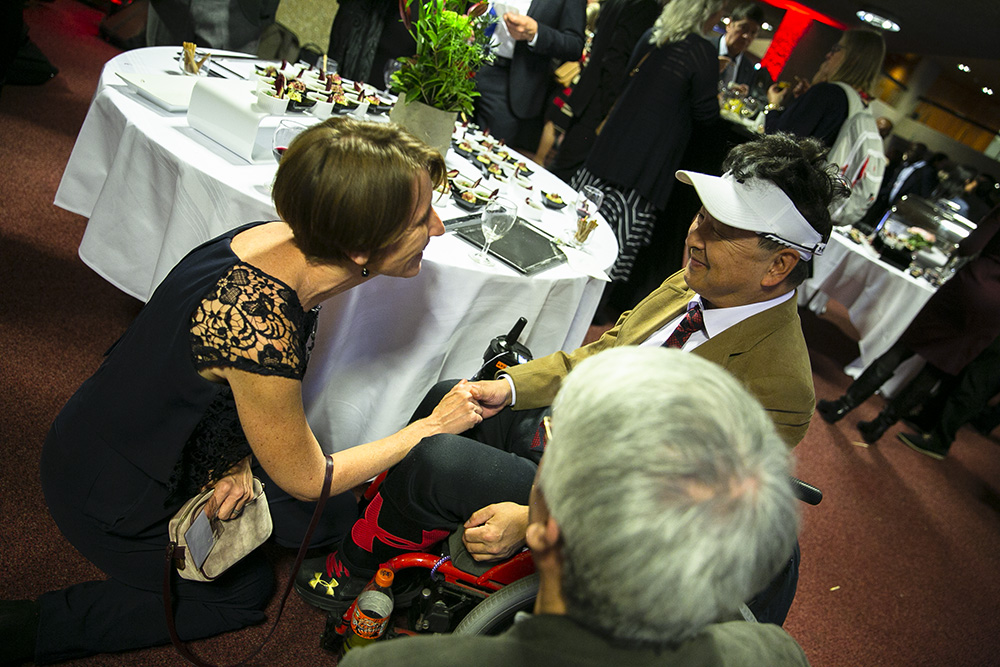
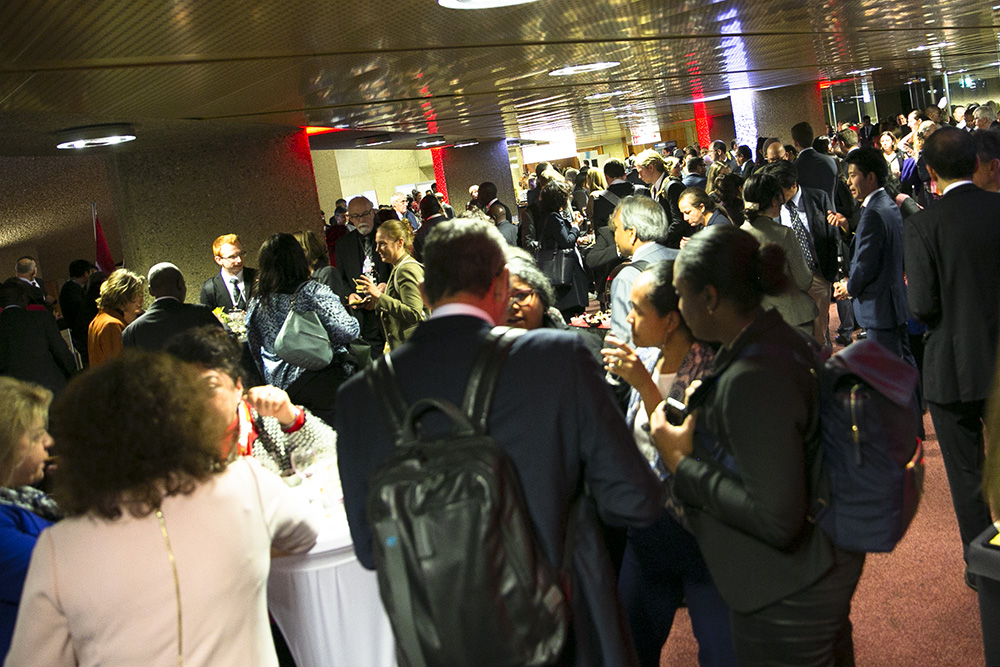
Reception hosted by the Government of Switzerland
To receive free coverage of global environmental events delivered to your inbox, subscribe to the ENB Update newsletter.
All ENB photos are free to use with attribution. For Minamata Convention COP 3, please use: Photo by IISD/ENB | Sean Wu.